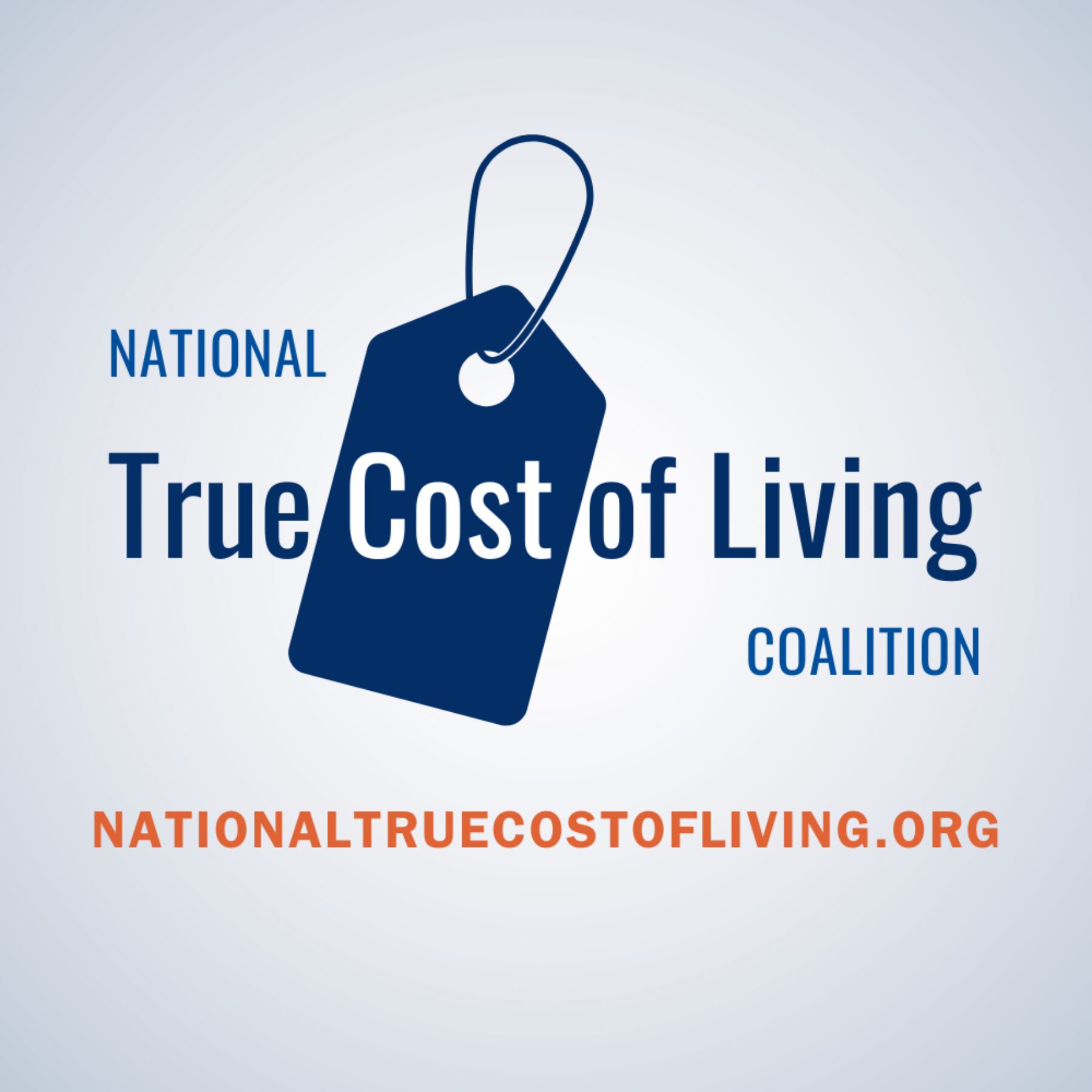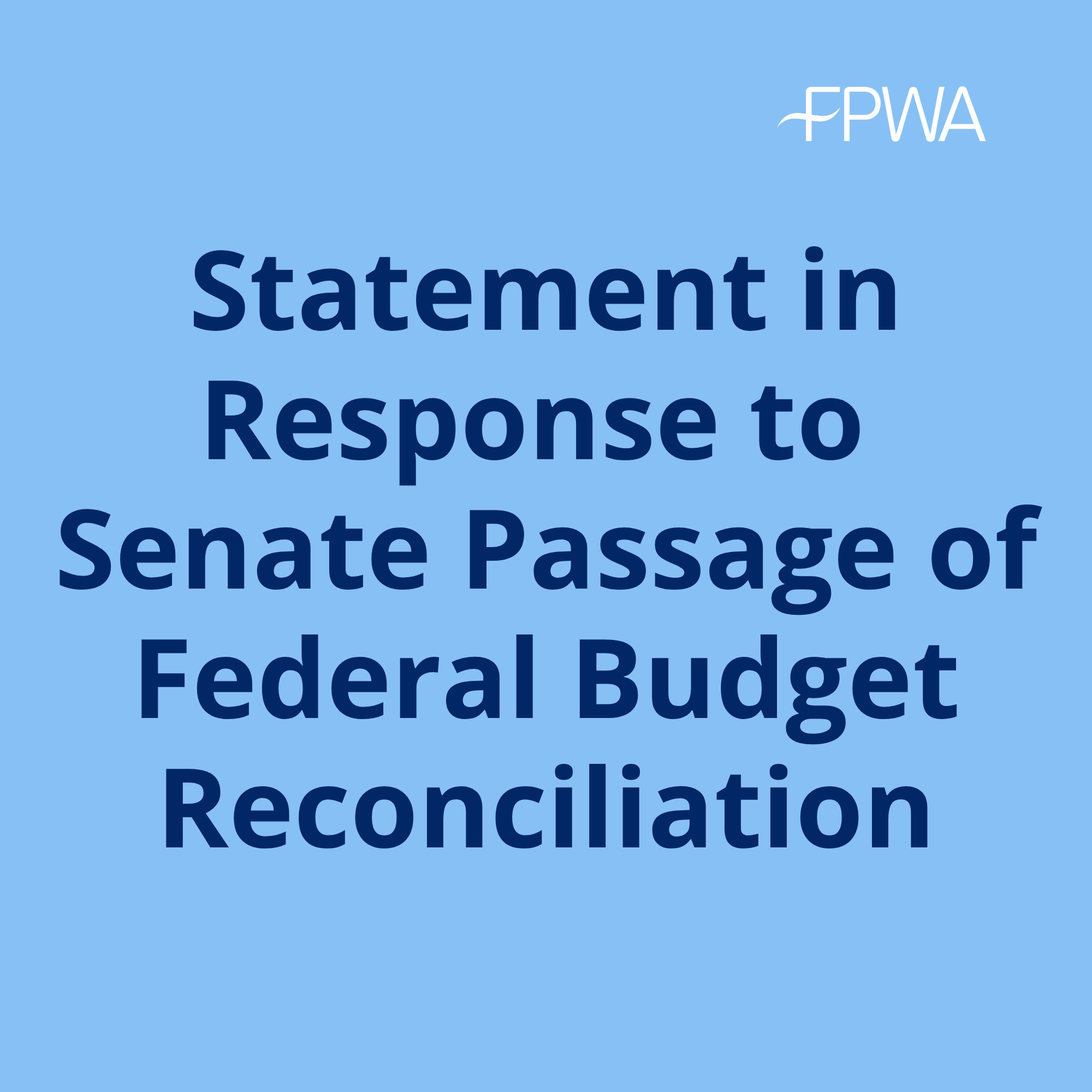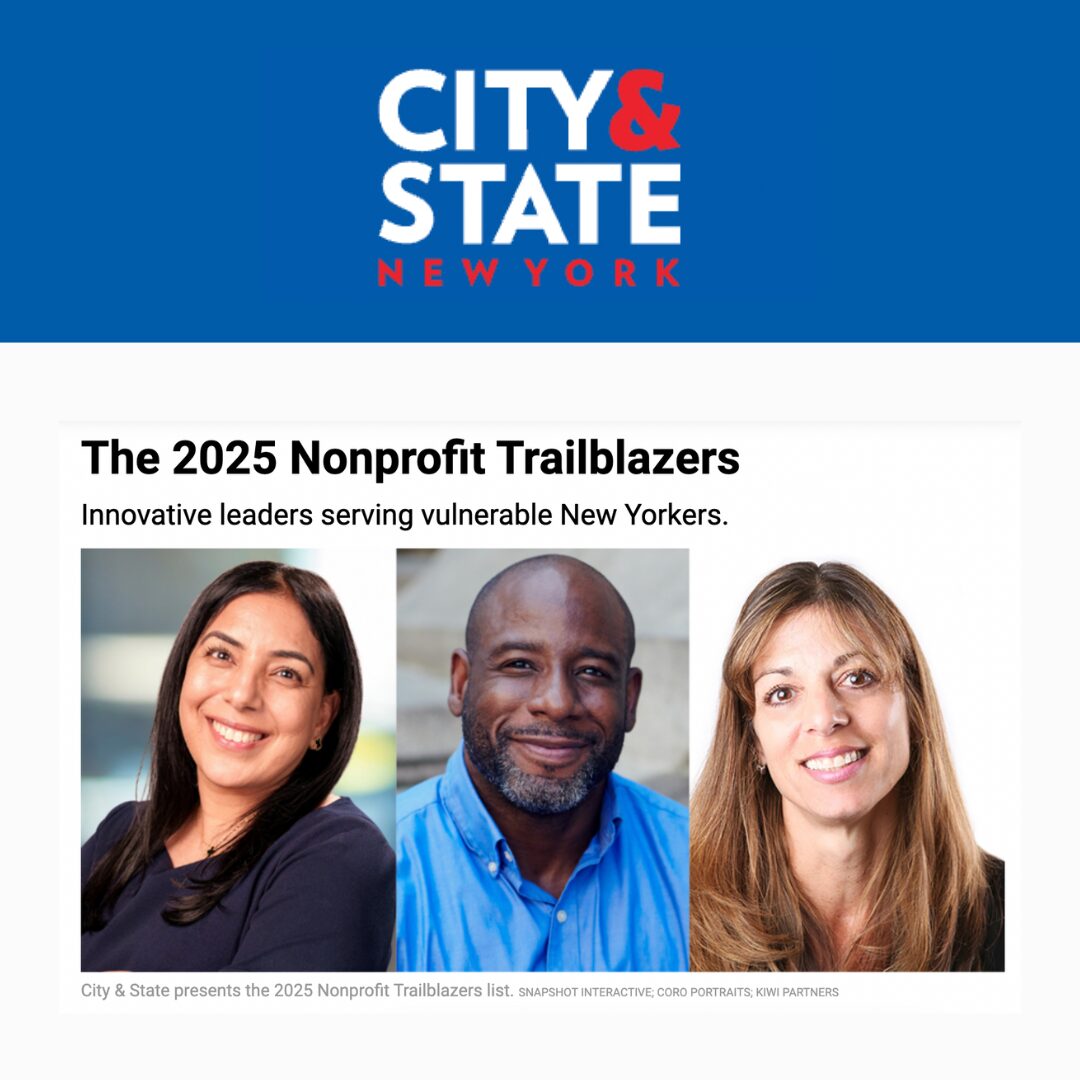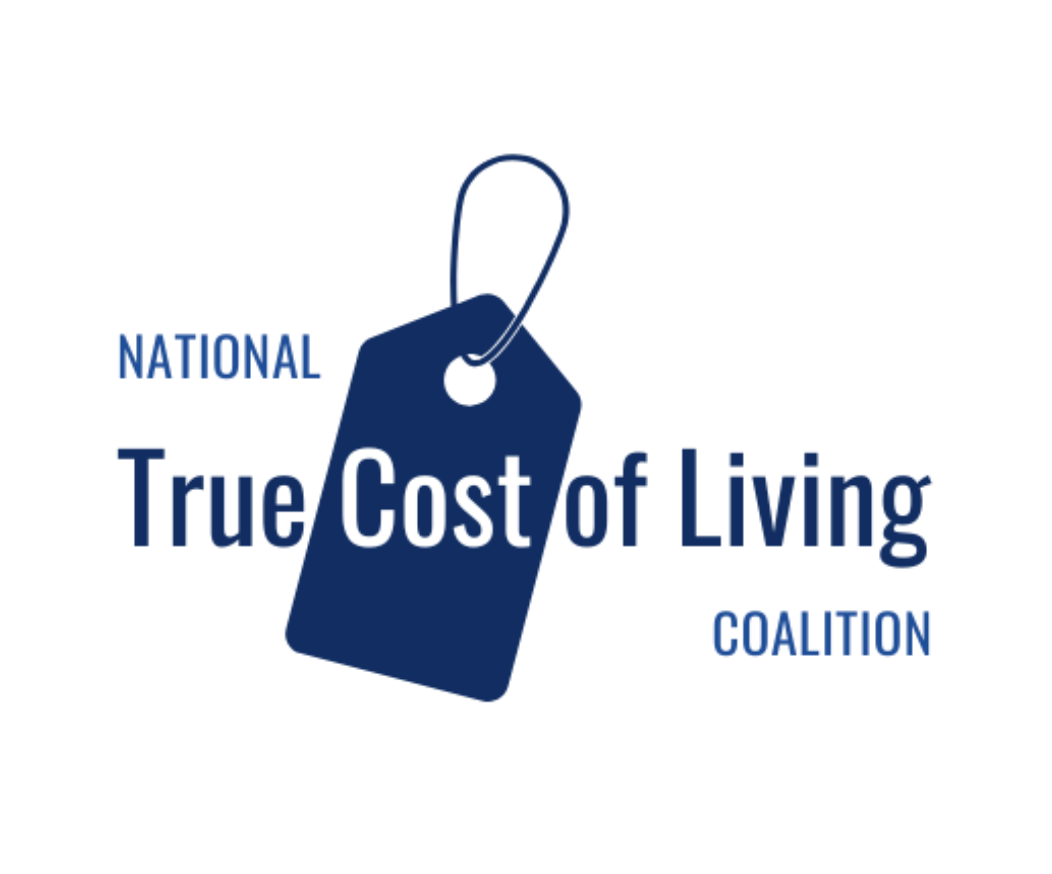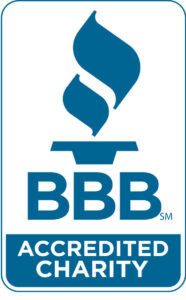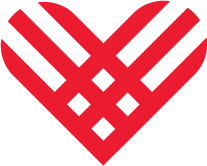
New National Poll: Economic Hardships of Millions of Middle-Class Americans Go Unseen, Most Believe They Will Continue to Struggle Throughout Their Lives
Survey reveals 65 percent of middle-class Americans are “struggling financially,” exposes need for national measure that accurately captures cost of living in 21st century America
NEW YORK (June 4, 2024) – The results of a new national survey find that despite an improving national economy, the economic hardships of millions of middle-class Americans are going unseen by their government. They feel left behind, unable to relate to testaments of a better economic forecast, and many doubt they will ever find a way out of their financial struggles.
Sixty-five percent of Americans often considered “middle class” – those earning more than 200 percent of the federal poverty level (FPL) – are struggling financially today and don’t expect that to change for the remainder of their lives, according to the new poll commissioned by the National True Cost of Living Coalition.
For these Americans – people with high-school diplomas and graduate degrees, with white- and blue-collar jobs, from rural and urban communities – it’s less about being able to afford their most basic expenses, and much more about their inability to plan and save for tomorrow. Revealingly, the poll found that 40 percent of ALL Americans are unable to plan beyond their next paycheck, and 46 percent don’t have $500 saved for a rainy day.
Meanwhile, by traditional measures, the American economy is incredibly strong, adding jobs much faster than most experts predicted, with U.S. gross domestic product (GDP) also growing at a world-beating pace. This disconnect goes a long way to explain Americans’ pessimistic attitude about the health of the national economy, while underscoring the gap in our nation’s ability to measure economic wellbeing in 21st-century America.
It’s a gap that results in millions of hardworking Americans who aren’t seen – they’re earning just enough to survive, yet “too much” to qualify for financial assistance – and is the impetus behind the formation earlier this year of the National True Cost of Living Coalition, led by the Community Service Society of New York (CSS) and the Federation of Protestant Welfare Agencies (FPWA). The Coalition has commissioned the Urban Institute to develop a new, national true cost of living measure designed to inform program and policy decisions related to economic need at all levels of government. The hope is that the new measure, to be unveiled later this year, will provide what current tools do not: a complete and realistic picture of financial well-being in America.
“The economy is booming, and yet many Americans are still gasping for air financially. They simply don’t have the breathing room to plan beyond their present needs,” said Jennifer Jones Austin, CEO and Executive Director of FPWA and Co-Chair of the National True Cost of Living Coalition. “As a nation, it is critical that we understand the true cost of living in the United States today. That means looking beyond the most basic of economic needs to account for what 21st century Americans need to not only get by but get ahead and also plan for tomorrow.”
Over the past 60 years, as the American economy has transformed, the current measure of economic need used by the government, the federal poverty measure (FPL), has not kept up. Because it focuses on subsistence and deprivation, it fails to distinguish between our most basic of needs and true economic security. While alternate measures of economic need have been developed over the decades, most continue to measure acute needs only and still don’t include the full costs of modern essentials such as regionally specific housing costs, childcare, transportation, or prescriptions. And they don’t comprehensively account for the need to save for the future or pay down certain types of debt.
“With a ready-made measure of true economic security, we can begin to reconcile the gap between how we traditionally measure the economy and how every day Americans experience the economy in their day-to-day lives,” said David R. Jones, President and CEO of CSS and Co-Chair of the National True Cost of Living Coalition. “We’ll make seen the invisible struggles of America’s middle class, while sparking the upward mobility that comes with not just barely paying the bills, but being able to look ahead and plan for the future.”
Additional survey findings include:
-
Almost a quarter (24%) of Americans who make more than 200% of the FPL have to make difficult financial decisions with some regularity.
-
80% of Americans have at one time lived paycheck to paycheck.
-
A quarter of those making under 400% of the FPL spend over 50% of their budget on housing.
-
42% of those who want childcare are stressed about affording it, with 56% unable to afford the amount and the type they want.
-
Majorities making under 400% of the FPL who want to pay for education say they can’t afford it.
-
A majority of those making under 300% of the FPL find their debt difficult to manage.
-
52% of Americans say paying for an unexpected expense causes them significant stress, with 49% unable to save for unexpected expenses at all.
-
Majorities making under 400% of FPL are stressed by the costs of planning for the future.
###
The Federation of Protestant Welfare Agencies (FPWA) is a leading, anti-poverty policy and advocacy organization dedicated to strengthening human services organizations and faith institutions, and advancing economic opportunity and justice for New Yorkers with low incomes. Since 1922, FPWA has driven groundbreaking policy reforms to better serve those in need. We work to dismantle the systemic barriers that impede economic security and well-being, and strengthen the capacity of human services agencies and faith organizations so New Yorkers with lower incomes can thrive and live with dignity.
The Community Service Society of New York (CSS) has worked with and for New Yorkers since 1843 to promote economic opportunity and champion an equitable city and state. We power change through a strategic combination of research, services, and advocacy to make New York more livable for people facing economic insecurity.

